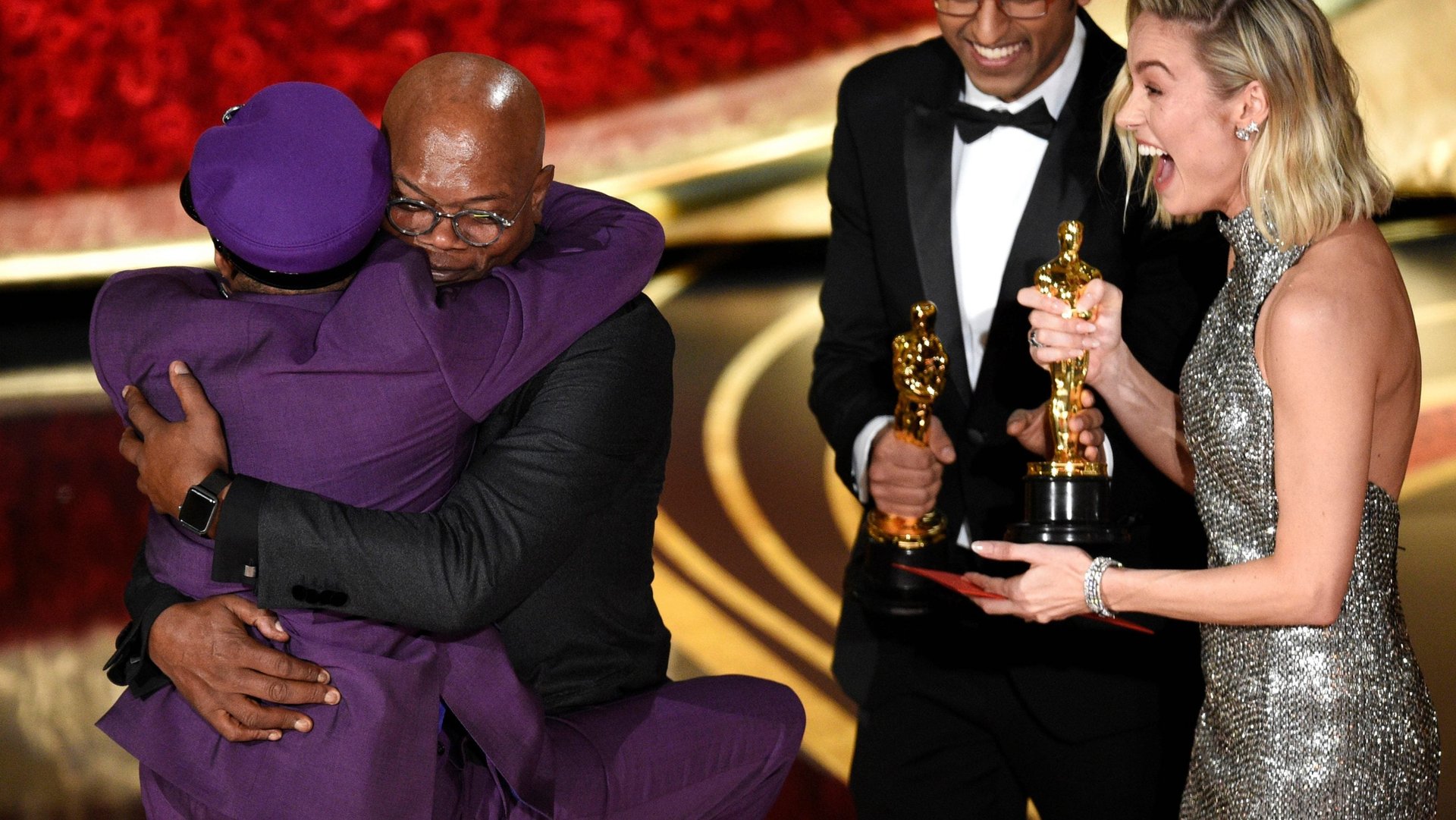The 2019 Oscars were nearly great. Then we got Green Booked
The 2019 Oscars were humming along at a brisk pace, filled with funny cameos and impressively diverse winners. Everything was going great.


The 2019 Oscars were humming along at a brisk pace, filled with funny cameos and impressively diverse winners. Everything was going great.
Until it wasn’t.
The night’s biggest award, best picture, went to Green Book, a widely criticized film on US race relations in the 1960s, leaving Oscars viewers with a lousy feeling after three surprisingly solid hours. The film’s awards campaign had been marred by controversy: Its director, Peter Farrelly, was revealed to have habitually flashed women on film sets. A tweet by one of the film’s screenwriters, Nick Vallelonga, resurfaced in which he agreed with Donald Trump’s racist, debunked claim that Muslims cheered after the 9/11 terrorist attacks of 2001. And the family of Don Shirley, the renowned black pianist whom Mahershala Ali plays in the film, publicly condemned how he was portrayed.
And that’s to say nothing of the film itself, which some critics argued was reductive and simplified complicated racial dynamics. The film followed Shirley and his white chauffeur (played by Viggo Mortensen) driving through the American South in the 1960s. All three of the film’s writers are white, as is Farrelly, the director.
Green Book‘s big win conjured up bad memories of 2006 best picture winner Crash, another movie about race relations that received a mixed reaction from critics. Some pundits are already calling Green Book the worst best picture winner in more than a decade—especially when more deserving (and truly progressive) films like Roma, BlacKkKlansman, Black Panther, and The Favourite were nominated.
While the Oscars may have left us with a bad aftertaste, that didn’t spoil everything that came before it. The night was stacked with historic wins, perhaps due in part to the younger and more diverse voting bloc introduced to the film Academy in 2017.
- Three of the four acting winners (Regina King, Mahershala Ali, and Rami Malek) were not white.
- Best documentary, documentary short, animated short, production design, costume design, and sound editing all had women represented on stage.
- Ruth Carter and Hannah Beachler became the first black designers to win best costume and production design, respectively.
- A Mexican filmmaker (Alfonso Cuaròn) won best director for the fifth time in the last six years.
- Spike Lee finally won his first Oscar (for co-writing the BlacKkKlansman screenplay).
Another silver lining: Viewers seemed generally pleased with the host-less broadcast. The show was able to move at a faster pace than usual, finishing in a little over three hours. The night wasn’t bogged down in long monologues and cheesy bits—for the most part, the focus was on the films and the winners. Reports that members of Marvel’s Avengers would act as a rotating panel of pseudo-hosts were exaggerated.
As is the often the case with the film world, diversity took one step forward before taking another step back. The great tragedy of the 2019 Oscars would be if that big step back overshadows all the positive momentum that was built before it.